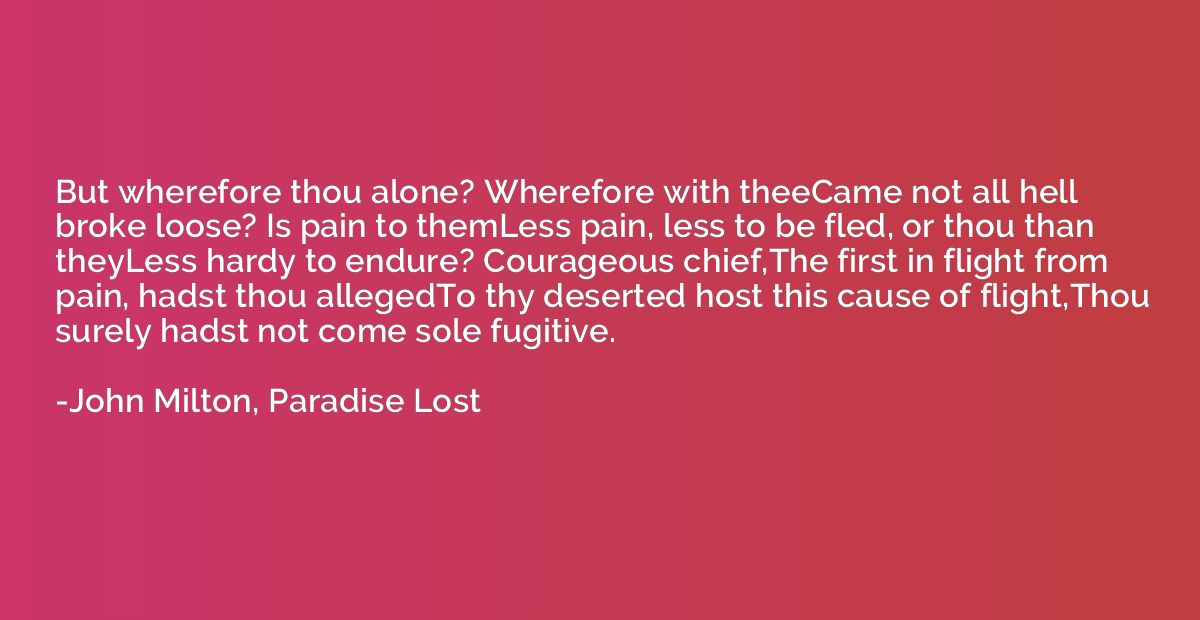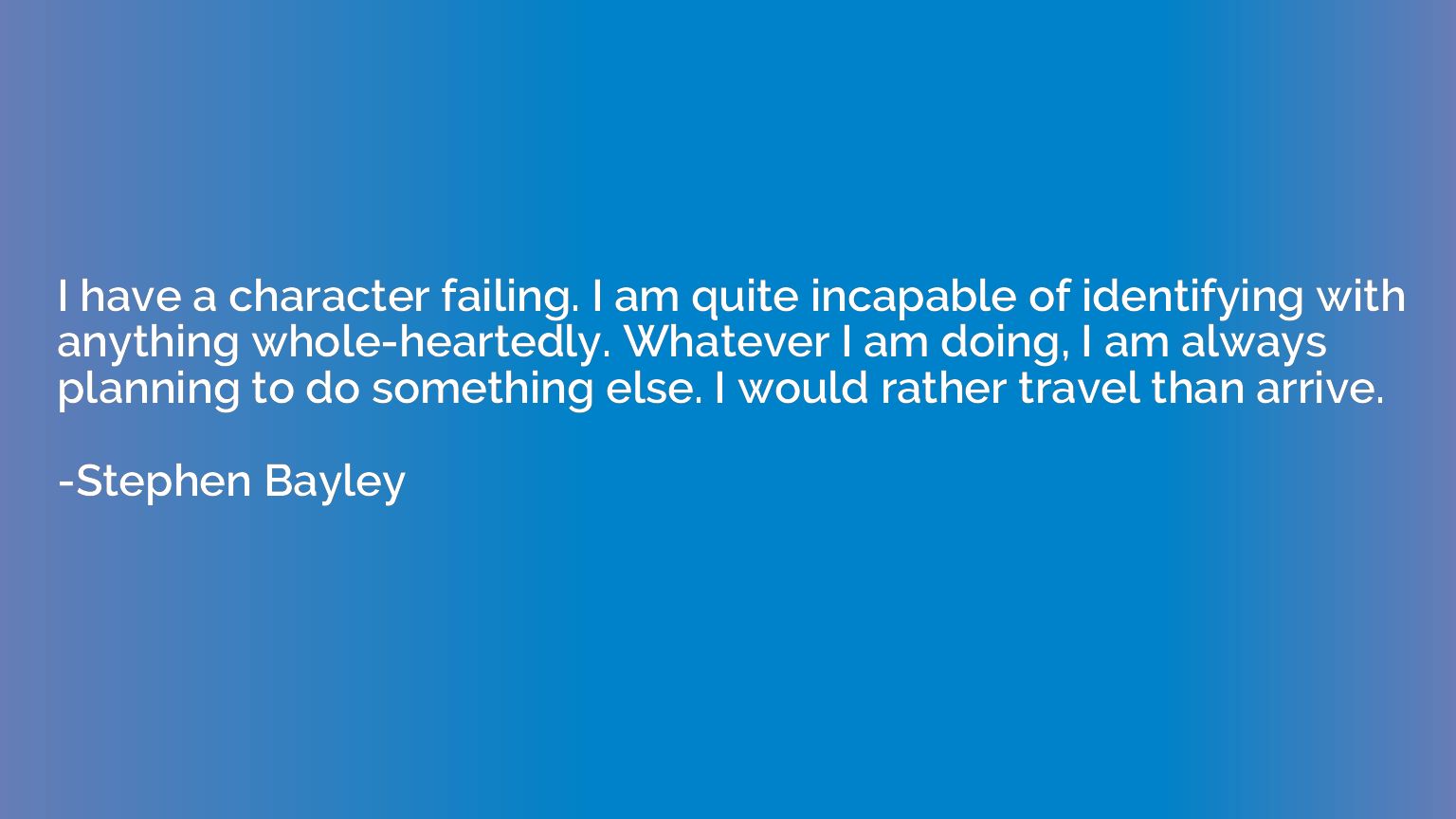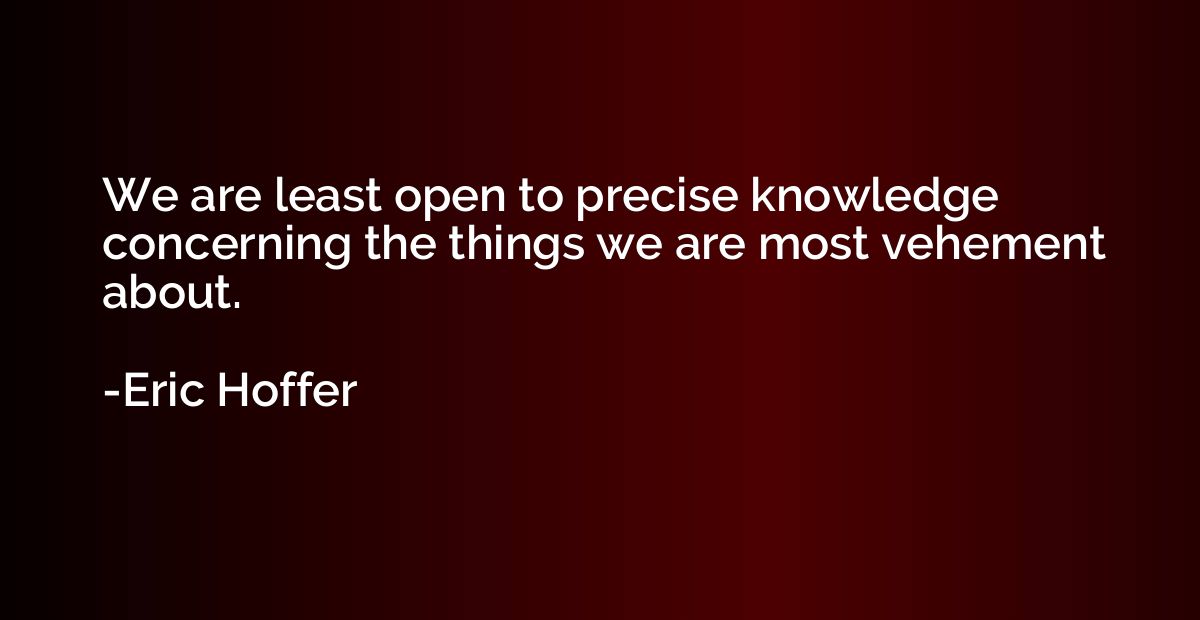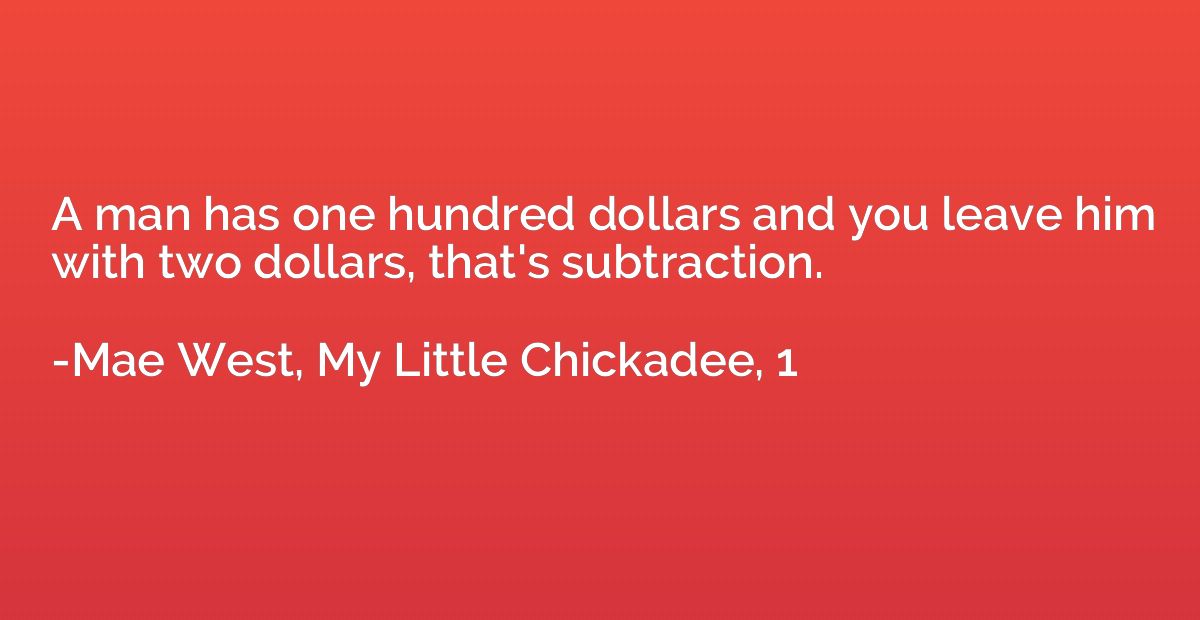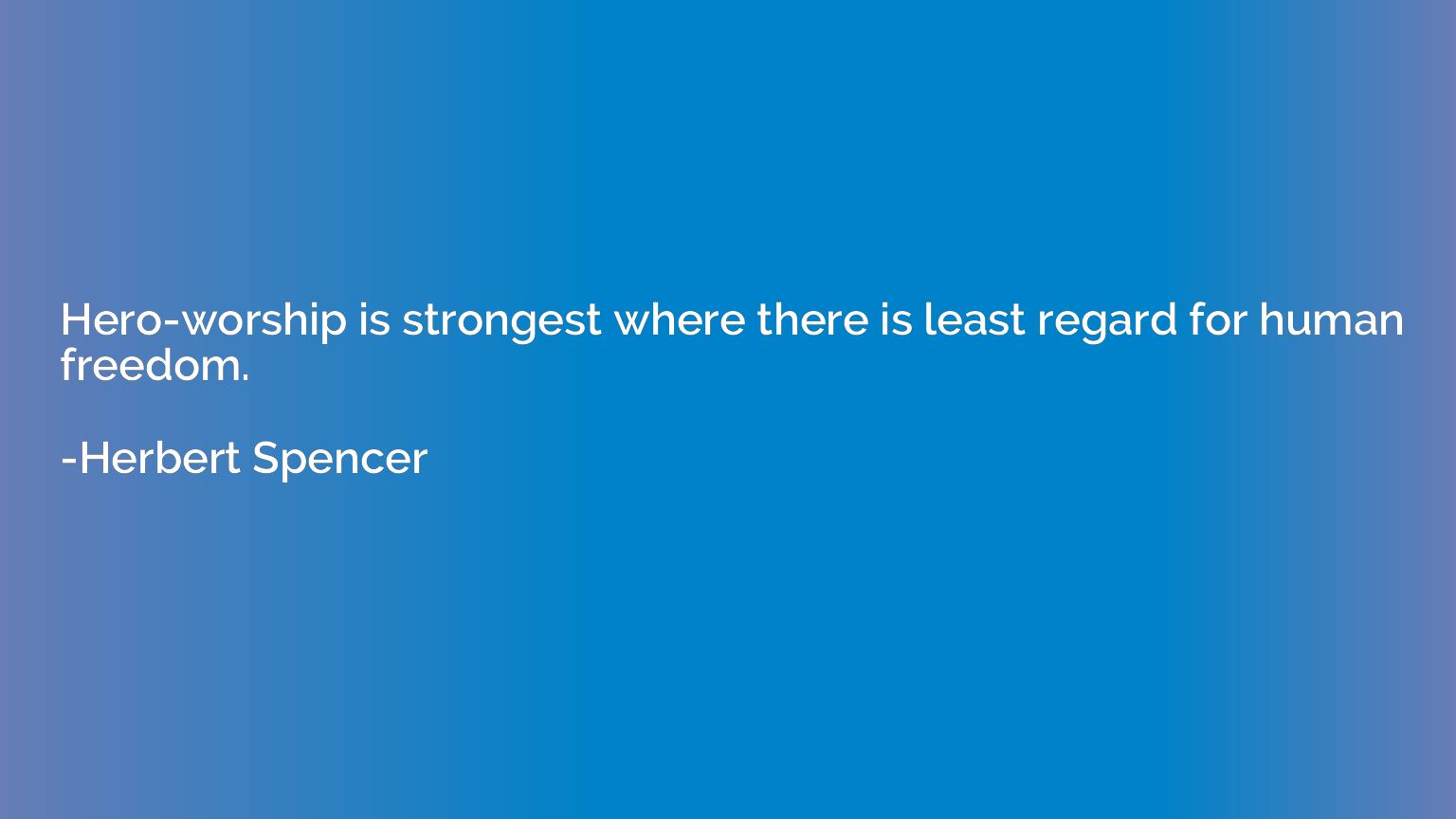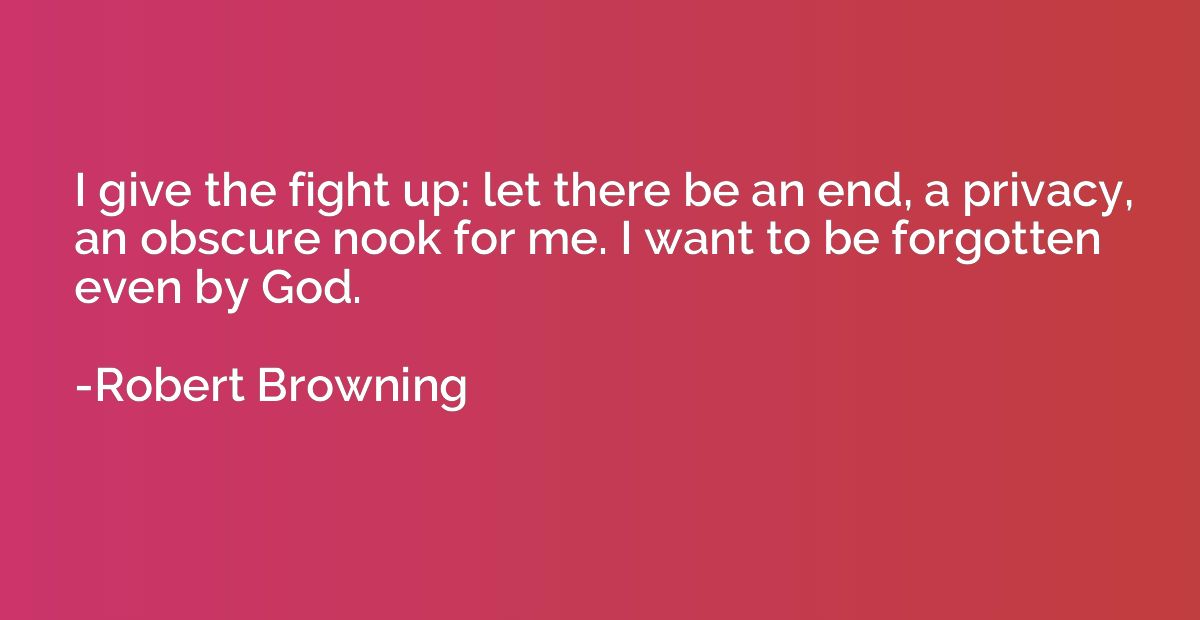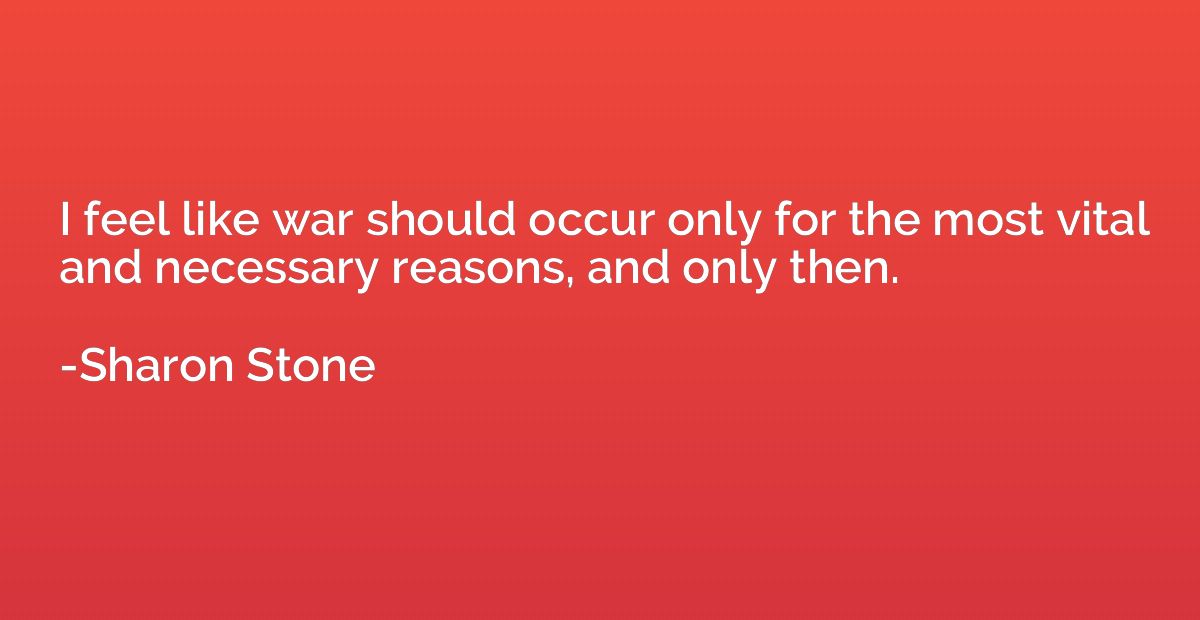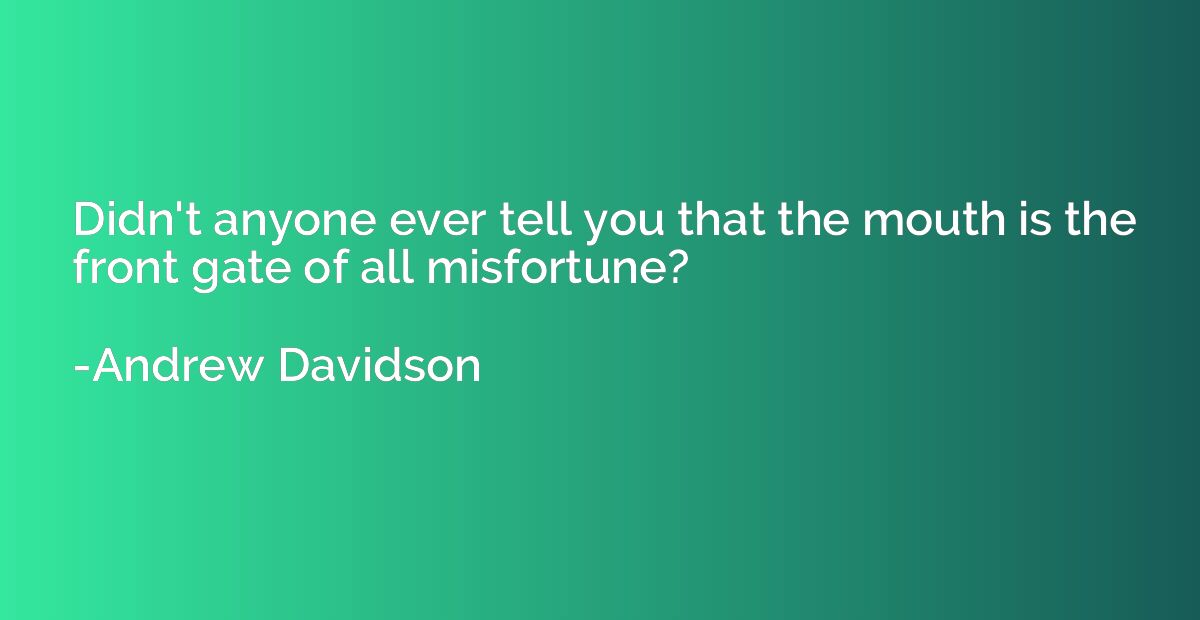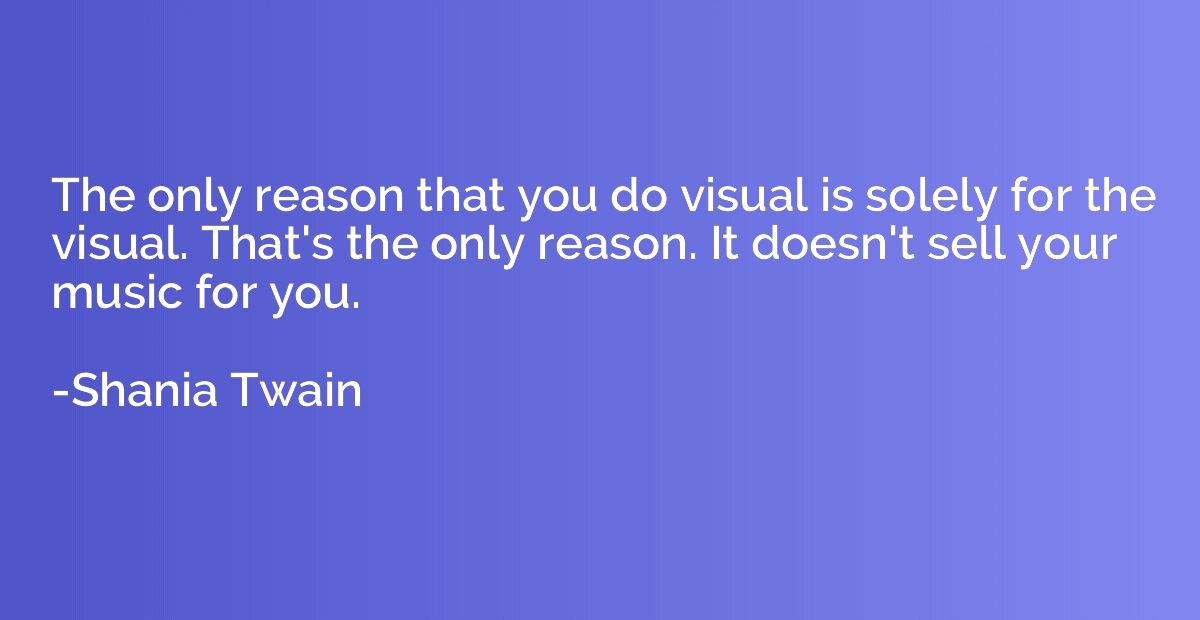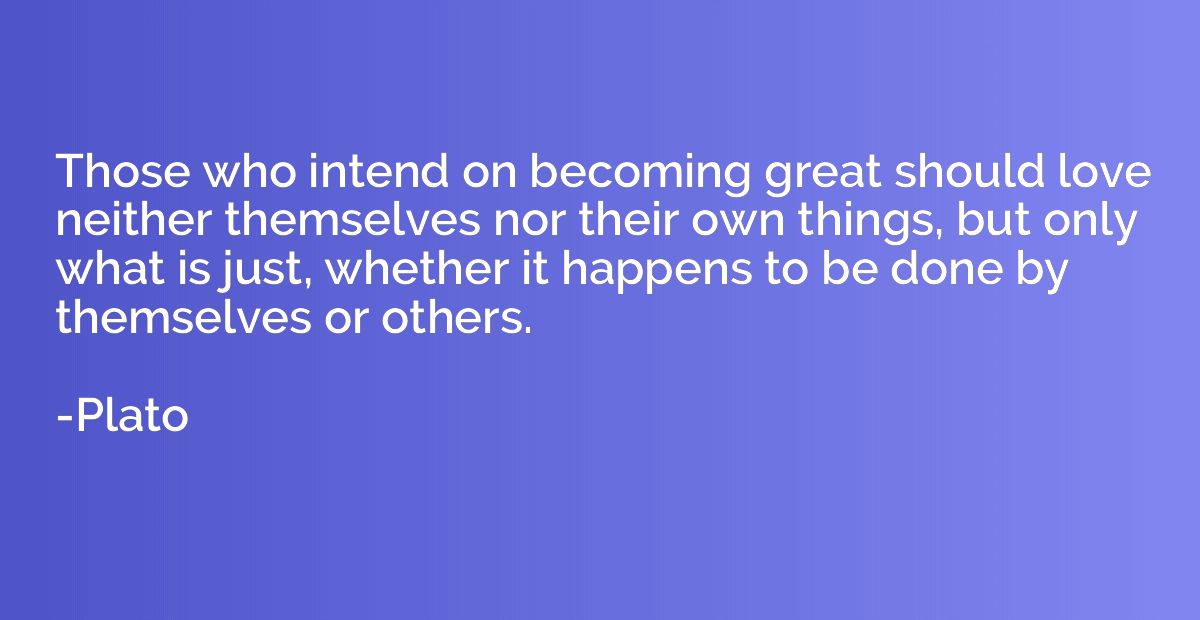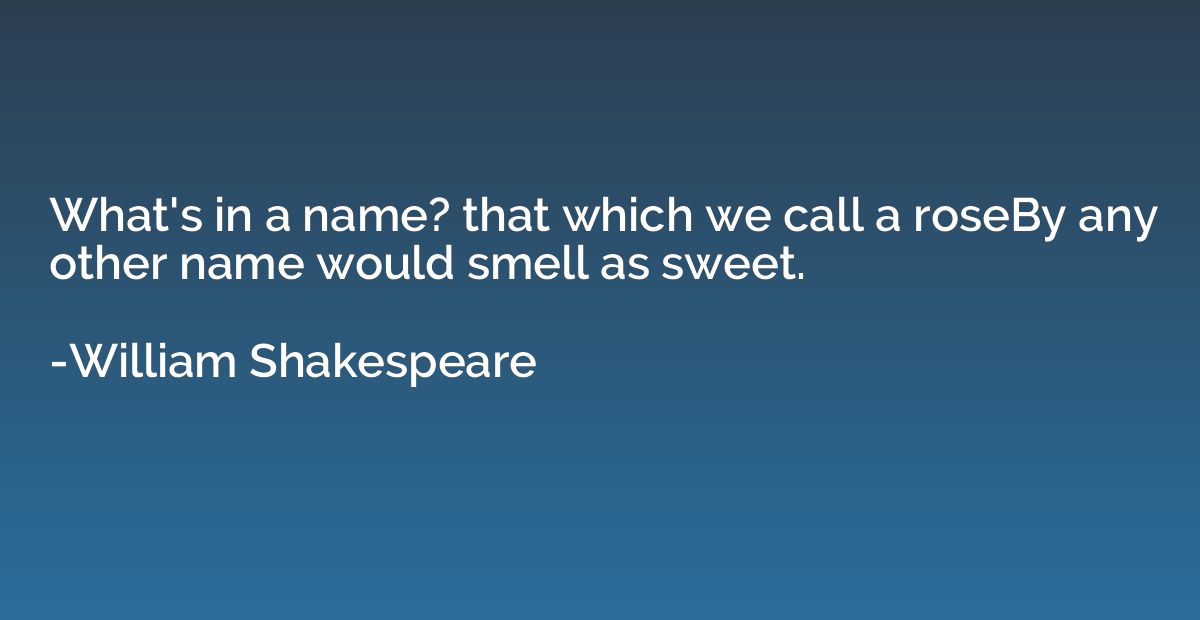Quote by Kin Hubbard
If you haven't seen your wife smile at a traffic cop, you haven't seen her smile her prettiest.
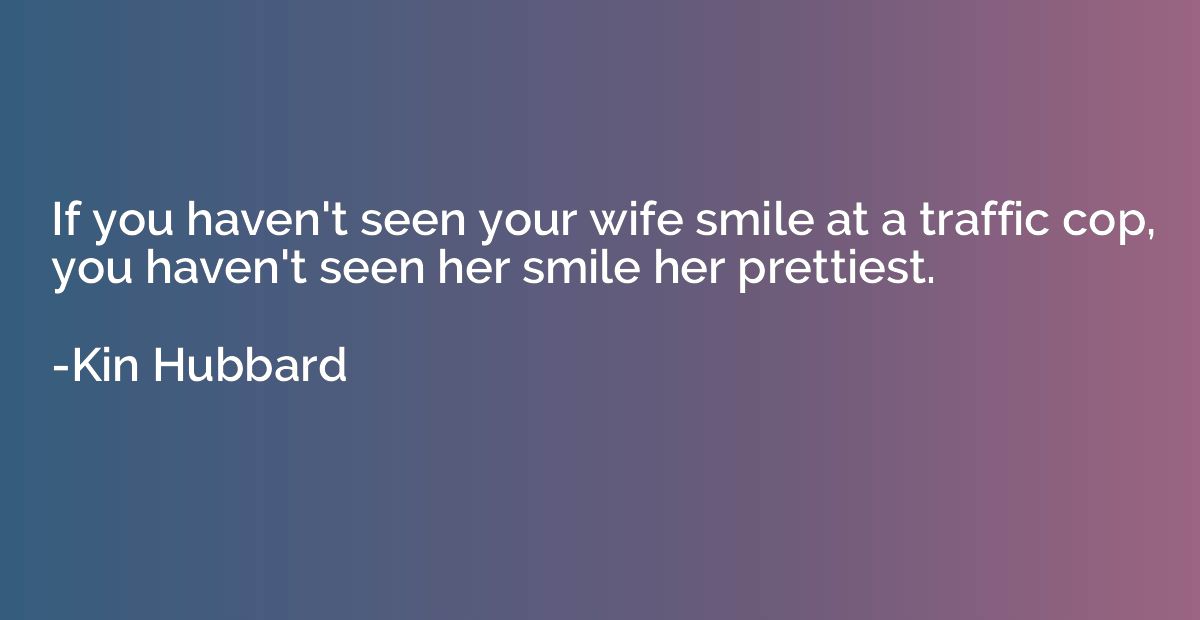
Summary
This quote suggests that a person's true beauty and happiness can be witnessed in unexpected moments of joy and contentment. The act of smiling at a traffic cop represents a small, genuine gesture devoid of any pretense or formal setting. It implies that when a person is truly happy, their smile becomes even more captivating and genuine than in any other situation. This quote emphasizes the beauty of simple, spontaneous moments and highlights the significance of appreciating and finding joy in the everyday aspects of life.
Topics
Smile
By Kin Hubbard



